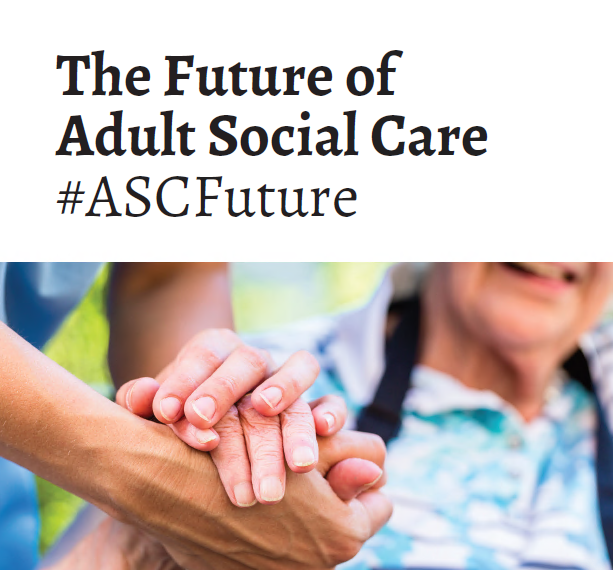ADULT social care appg INAUGURAL inquiry
The All-Party Parliamentary Group on ADULT SOCIAL CARE launched its inquiry findings on 3RD JULY 2019 at an official event in Parliament.
The report makes the following recommendations:
1. The APPG for Adult Social Care should play its role by engaging with government, policy makers, Parliamentarians and the wider adult social care sector to help facilitate a debate as to what the future of adult social care should look like. This debate should lead to a vision that builds on current best practice in the adult social care system, and its leadership and capacity to innovate.
2. A cross-party solution is key to providing a sustainable vision for the future of the adult social care system – commitments must be undertaken to build a shared political consensus, so that the existing strengths of the adult social care system can be further developed and built upon.
3. People with experience of regularly using adult social care must be fully involved in the co-design and co-production of adult social care services.
4. There should be a stronger focus on adult social care as an enabler to help care and support people to live more independently, with a more positive portrayal of the value and benefits of working in the sector, with a greater appreciation by wider society of the value and high skills of the workforce.
5. Parity of esteem between health and social care is essential, if we are to realise the benefits of establishing a vision for the future of adult social care.
6. The Office holder of the Secretary of State for Health and Social Care should be encouraged to use their full title and wear an adult social care badge alongside the NHS badge, to help raise the public profile of adult social care.
7. The Government should build on existing best practice to promote and support good practice across the adult social care sector - including in the areas of commissioning policies, the delivery of high quality services by providers and investing in training for the workforce.
8. Personalisation of care and support should be encouraged – with more opportunities for individuals to be fully empowered in the decisions made about the care and support they receive to live their lives.

